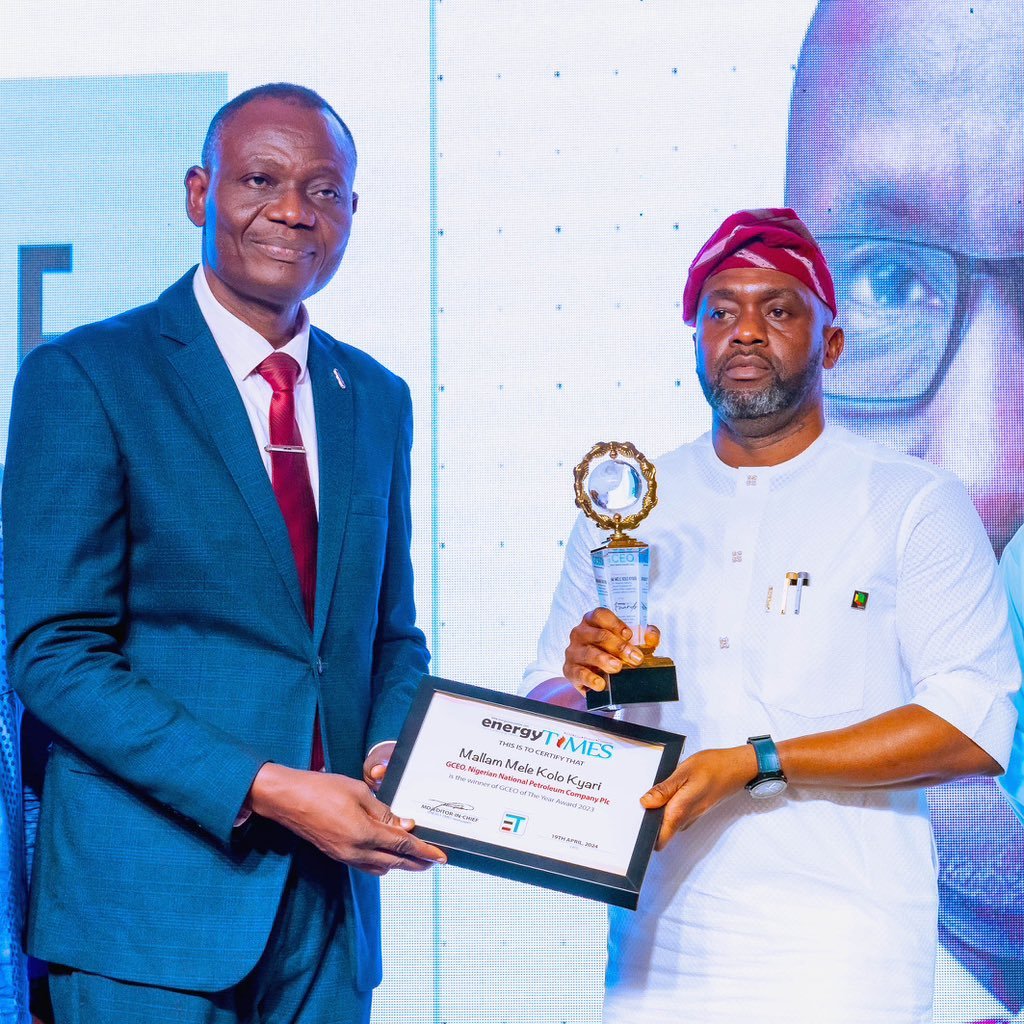The Ajaokuta Steel Company, once envisioned as the industrial heartbeat of Nigeria, has languished in a state of neglect and disrepair for decades. This massive steel complex, located in Kogi State, was conceived as a key driver of economic development and industrialization for the nation. However, due to a variety of factors, it has never reached its full potential. In this article, we explore the compelling reasons why the Nigerian government should prioritize the revival and completion of Ajaokuta Steel and how this endeavor can catalyze economic transformation.
**The Ajaokuta Steel Dream**
The Ajaokuta Steel Company was conceived in the late 1970s, with the aim of transforming Nigeria into an industrial powerhouse. It was designed to produce a wide range of steel products, from construction materials to machinery components, and to serve as a catalyst for the growth of various industries. However, despite billions of dollars invested, the project has yet to become fully operational.
**The Economic Potential of Ajaokuta Steel**
Reviving and completing the Ajaokuta Steel complex holds immense economic potential for Nigeria. Here are several compelling reasons why the government should prioritize this initiative:
**1. Job Creation**
Completing Ajaokuta Steel would create thousands of direct and indirect jobs, from engineers and technicians to suppliers and support staff. In a country with a burgeoning youth population, providing employment opportunities is critical for social stability and economic growth.
**2. Industrialization**
Ajaokuta Steel is a key component of Nigeria’s industrialization drive. A functional steel complex would provide the necessary raw materials for various industries, including construction, manufacturing, and infrastructure development. This would reduce the nation’s reliance on steel imports and stimulate the growth of domestic industries.
**3. Foreign Exchange Savings**
Nigeria currently spends a significant portion of its foreign exchange reserves on steel imports. Completing Ajaokuta Steel would enable the country to produce its steel domestically, reducing the need for costly imports and conserving foreign exchange.
**4. Infrastructure Development**
A thriving steel industry can significantly contribute to infrastructure development. Steel is a fundamental material in building bridges, roads, railways, and public buildings. By producing its steel, Nigeria can reduce infrastructure costs and accelerate development projects.
**5. Technology Transfer and Skill Development**
Investing in Ajaokuta Steel would necessitate technology transfer and skill development. This would not only improve the technical expertise of the Nigerian workforce but also stimulate innovation and technological advancement in related industries.
**6. Regional Development**
The completion of Ajaokuta Steel could spur economic development in Kogi State and the surrounding regions. The influx of workers, businesses, and associated industries would boost local economies and improve living standards.
**Challenges to Revival and Completion**
While the benefits of completing Ajaokuta Steel are clear, several challenges must be addressed:
**1. Financial Investment**
Reviving Ajaokuta Steel will require substantial financial investment. The government must secure funding through various channels, including public-private partnerships, international loans, and domestic revenue mobilization.
**2. Technical Expertise**
The project demands a high level of technical expertise, including engineering, metallurgy, and project management. The government should collaborate with experienced international partners to ensure the successful revival and operation of the complex.
**3. Infrastructure and Logistics**
Ajaokuta Steel’s infrastructure, including power supply and transportation networks, requires significant upgrades. Additionally, logistics for the transportation of raw materials and finished products must be improved.
**4. Political Will and Accountability**
Political will is crucial for the success of this endeavor. The government must demonstrate a strong commitment to transparency, accountability, and good governance to ensure that resources are used efficiently and effectively.
**Conclusion: Ajaokuta Steel – A Catalyst for Nigeria’s Economic Transformation**
The revival and completion of the Ajaokuta Steel Company is not merely an economic venture; it is a testament to Nigeria’s commitment to industrialization, job creation, and infrastructure development. While challenges exist, the potential benefits far outweigh the difficulties.
Nigeria has reached a critical juncture in its history, with a growing population and ambitious development goals. The completion of Ajaokuta Steel could provide the foundation for a thriving industrial sector, reduce import dependency, and stimulate economic growth. It is an opportunity for Nigeria to showcase its potential as a regional economic powerhouse and a global player in the steel industry.
The Nigerian government should work diligently to secure the necessary funding, technical expertise, and political will to breathe life into this long-dormant project. By doing so, Nigeria can unlock the enormous economic potential of Ajaokuta Steel and set a course for lasting economic transformation and prosperity for its people.



